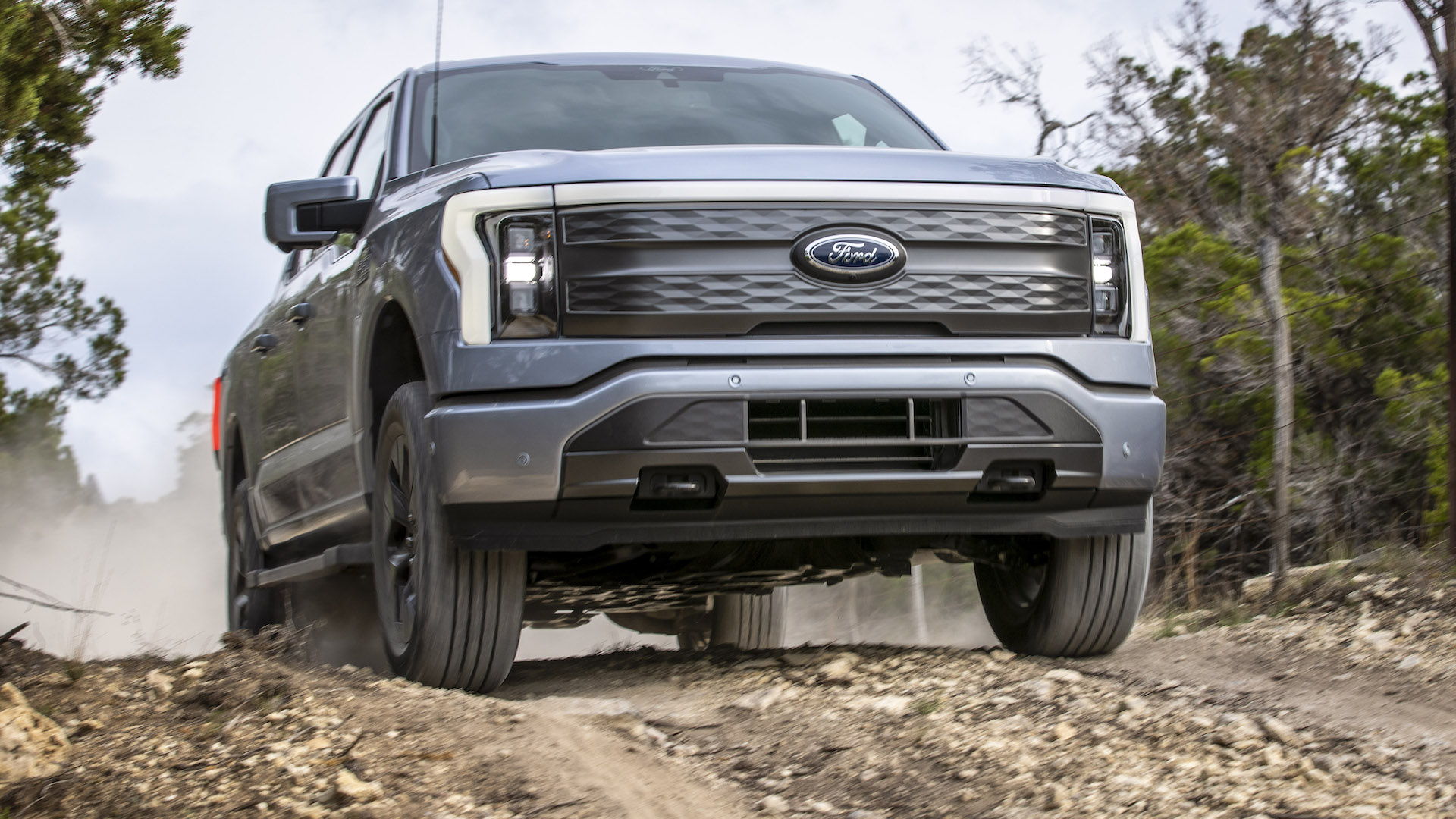

The arrival of the coronavirus in 2019 forced the world to reconsider how much social contact is strictly necessary, leading to changes in where we go, why, and how. Unsurprisingly, the isolation that cars can provide has sustained cars’ popularity, while rising acceptance of electrification has led a new study to conclude they now account for a majority of global vehicle demand.
A survey published Monday of about 13,000 people from 18 countries conducted by EY found that, for the first time, more than half of respondents planning to get cars within the next 24 months want something electrified (a hybrid or electric vehicle), specifically 52 percent. That’s not an especially large sample, but year-over-year trends point to a larger theme. From 2021, interest has increased by 11 percent, and it’s climbed 22 percent from 2020. EVs have practically tripled in popularity over the same period, from a 7-percent rate of interest to 20 percent over the same period. However, those are worldwide figures; North American demand for electrified vehicles has remained relatively static. Even so, EY predicts EVs will become the bestselling form of automobile surprisingly soon—potentially by 2033.


EY didn’t specify a cause for EVs’ rise in popularity, which could be rooted in rising gas prices, aggressive marketing, monetary incentives, maturing technology, and sound (if naive) intentions for tackling climate change. Automobiles remain a popular form of transportation, in large part due to continued concerns over hygiene; 65 percent of respondents placed great importance on avoiding COVID. While work-from-home accommodations have curtailed commuting, possibly permanently, work-related car travel has increased 5 percent since pre-pandemic levels. That’s despite travel as a whole decreasing 9 percent over the same period.
Personal vehicle use has to a small degree supplanted ridesharing, which fell 11 percent in North America, and 4 percent globally, while public transit has struggled to recover across most of the globe. The drop doesn’t appear to be a lack of interest, as 46 percent of respondents said free transit would tempt them out of their cars more often. Stats specific to North America were unavailable, and aren’t especially useful due to under-developed transit infrastructure and fundamentally inefficient urban sprawl.
As things stand though, the auto industry will struggle to fulfill demand for electrified vehicles, as the breakdown of the global supply chain doesn’t seem to be ending any time soon. Limited semiconductor chip and battery mineral supplies are set to inflate new car prices and limit availability for years to come, and resource-intensive EVs and hybrids may suffer worst of all.
Got a tip or question for the author? You can reach them here: james@thedrive.com